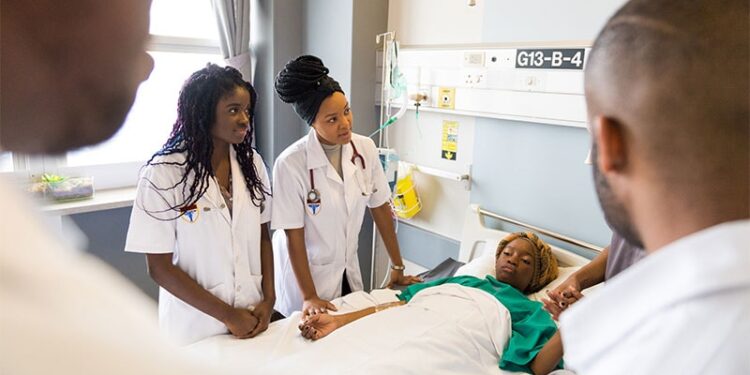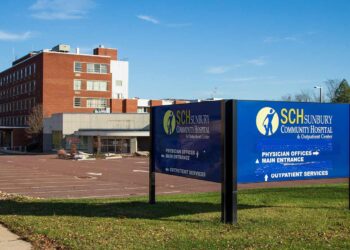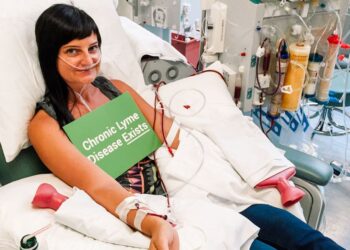More than one in five trainee doctors in the UK hesitate to escalate concerns about a patient’s condition, according to the latest General Medical Council (GMC) national training survey.
This figure rose to nearly one in three among trainees in high-pressure specialties, including surgery, obstetrics and gynaecology, general medicine, and emergency medicine. These groups also reported the highest levels of stress, bullying, and incivility.
New for 2024, the GMC asked trainees if they ever felt apprehensive about escalating care to a senior colleague. Among those who reported hesitancy:
- 4% said they felt this daily or weekly.
- 5% monthly.
- 12% less often.
Professor Pushpinder Mangat, medical director at the GMC, said: “These findings are extremely concerning. Doctors need to feel comfortable escalating concerns. When they don’t, there are potentially serious risks to patient safety.”
Burnout Risk Still High
Burnout levels remain high, with one in five trainees at high risk — double the rate reported in 2019, though slightly down from 2023.
Burnout varied significantly by specialty – from 30% in emergency medicine to just 4% in public health. Half of the cohort said that they found their work emotionally exhausting to a high or very high degree.
Among trainers, 11% were cat high risk of burnout, and 36% at moderate risk. Despite this, 90% said they enjoyed their role, and 70% rated the support they received as either good or very good.
Training Quality Mostly Rated Highly
The GMC received responses from 50,637 trainees and 21,289 trainers. Among trainees:
- 87% rated the quality of their clinical supervision as good or very good.
- 84% said the quality of their training experience was good or very good.
- 63% said their posts gave them opportunities to develop their leadership skills.
However, concerns persisted:
- 16% of surgery trainees rated teaching quality as poor or very poor, compared with 3% of GP trainees.
- 61% were at moderate or high risk of burnout.
- 39% lacked confidence reporting workplace discrimination.
- 28% experienced negative behaviour from colleagues.
- 9% of female and 4% of male trainees reported unwelcome sexual comments or advances.
Rota Gaps
The survey also found continuing problems due to rota gaps, with 26% saying their training had been affected because these gaps are not being dealt with effectively. The GMC said it is “vital” that trusts and boards address the issue.
The report noted a steady increase over recent years in the proportion of trainees working less than full time, which now involved 30% of female and 15% of male trainees.
There was also “notable variation” between specialties, with 46% of paediatrics and child health trainees training less than full time, compared with just 8% of those in surgery posts.
Those rating their workload as heavy or very heavy (42% overall) ranged from 70% in emergency medicine to 19% in public health.
Of those who worked less than full-time, or had considered or applied to do so, 66% sought a better work-life balance and 44% cited childcare responsibilities.
The GMC called for flexible training models to create a sustainable workforce and safe patient care. It was “clear that medical education and training needs to adapt”, it said.
Dr Sheena Meredith is an established medical writer, editor, and consultant in healthcare communications, with extensive experience writing for medical professionals and the general public. She is qualified in medicine and in law and medical ethics.
Source link : https://www.medscape.com/viewarticle/one-five-trainee-doctors-fear-escalating-patient-care-2025a1000iq3?src=rss
Author :
Publish date : 2025-07-15 16:33:00
Copyright for syndicated content belongs to the linked Source.













